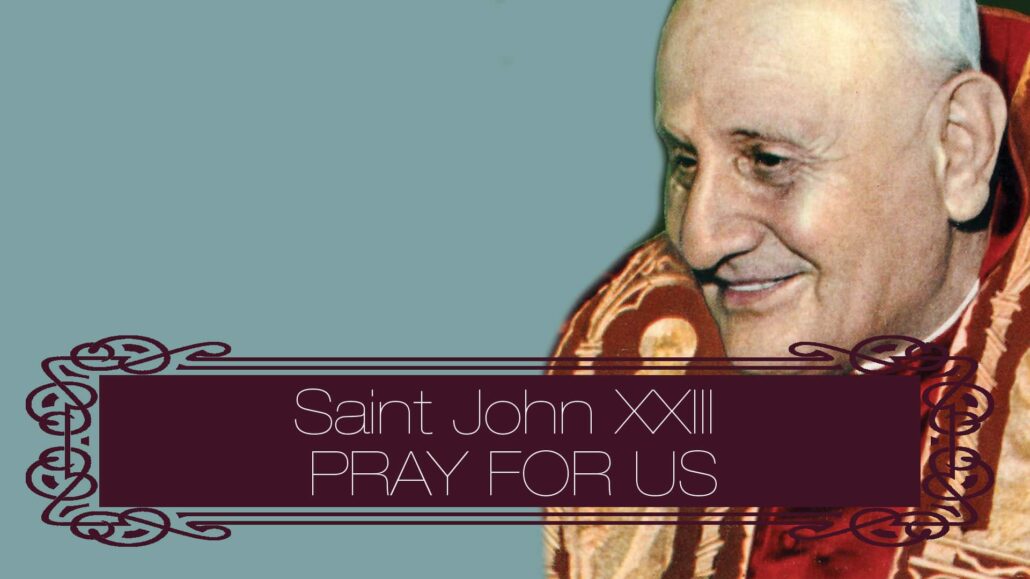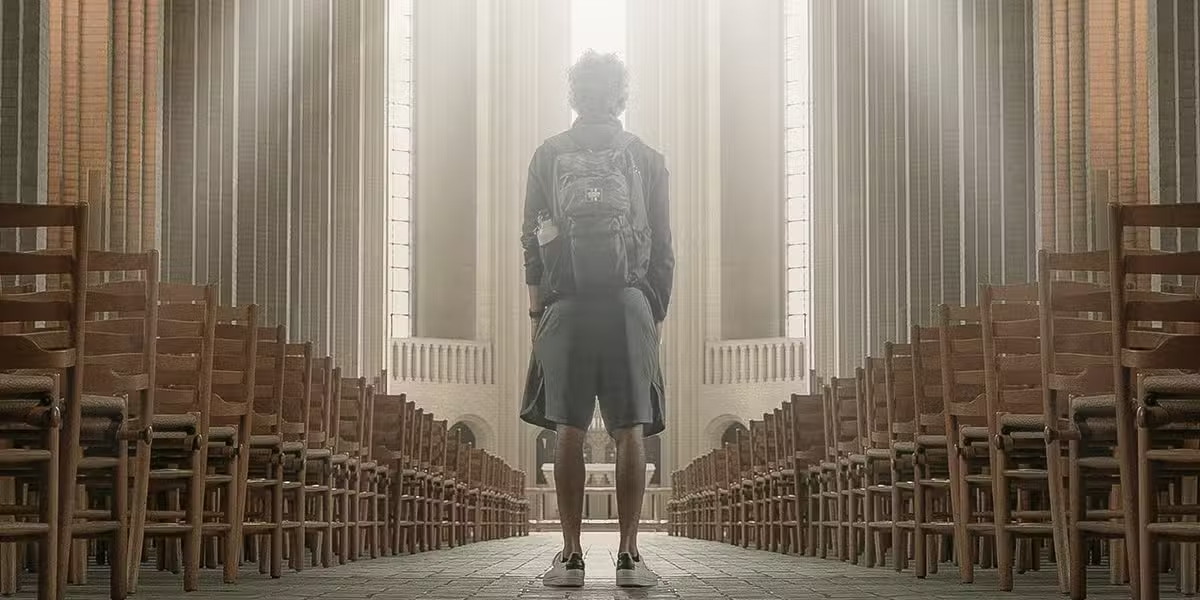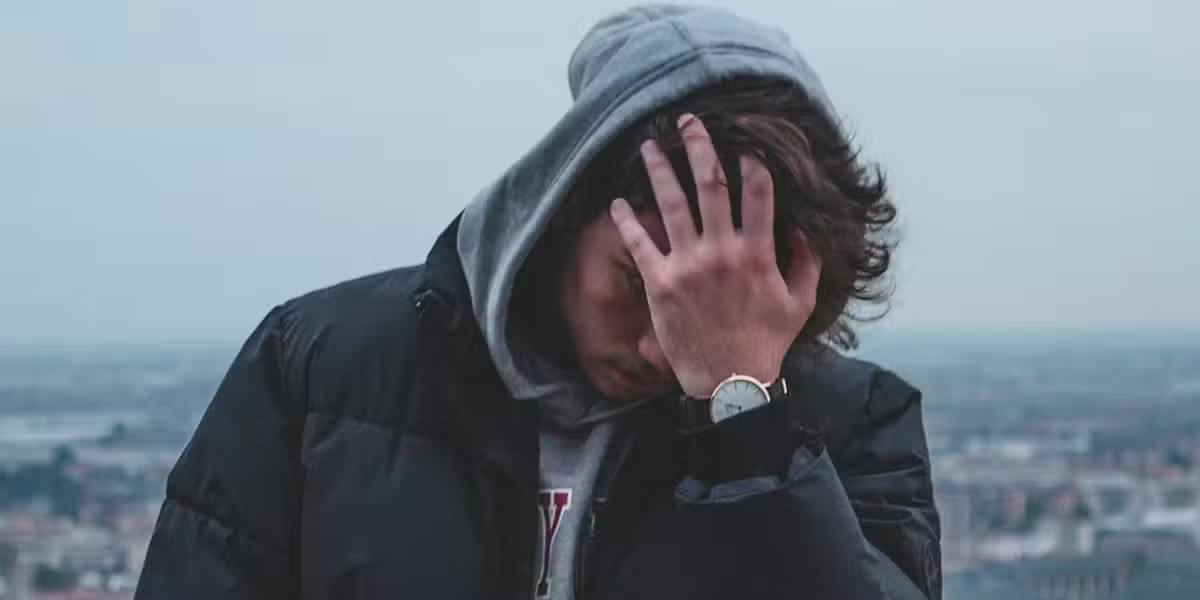Pope, Third Order Franciscan
(1881–1963)
On October 28, 1958, a new pope greeted the Church from the balcony overlooking St. Peter’s Square. There stood the smiling, rotund figure of Angelo Giuseppe Roncalli, the son of peasants and recently the patriarch of Venice. “I am called John,” he said.
In appearance, and in almost every other respect, Pope John XXIII stood in contrast with his gaunt and otherworldly predecessor, Pius XII. Gregarious and open, John exuded an enthusiasm for life that in itself set a positive tone for his pontificate and raised hopes for a season of change. These hopes were answered by the astonishing announcement that he intended to convene an ecumenical council, the first in almost a hundred years. He spoke of the need to “open the windows” of the Church and to let in fresh air. It was the signal of an extraordinary renewal, an era of openness and positive dialogue between the Church and the modern world.
On October 4, 1962, on the eve of the opening of the Second Vatican Council, Pope John made a rare trip outside of Rome to visit Assisi, to pray to the Blessed Mother and St. Francis for the success of the Council. It was a reminder of his deep Franciscan roots.
As a young boy of 14, while enrolled in the junior seminary of Bergama, he was received as a Third Order Franciscan. “Oh! The serene and innocent joy of that coincidence,” he later said. “A Franciscan tertiary and cleric on his way to the priesthood, drawn in, therefore by the same cords of simplicity, still unconscious and happy, that was to accompany us up to the blessed altar that was later to give us everything in life.”

There were many steps along the way to the Chair of St. Peter: Apostolic Visitor to Bulgaria and then Turkey, nuncio to France, and later Patriarch of Venice. But Pope John always acknowledged his familial bonds with the followers of St. Francis. In 1959, just after his election as pope, he presided over a celebration marking the 750th anniversary of Pope Innocent III’s approval of the Franciscan Rule. At the end of his remarks, he said, “Beloved sons! Allow us to add a special word from the heart to all those here who belong to the peaceful army of the lay Tertiaries of St. Francis: I am your brother Joseph.” Having launched Vatican II, Pope John did not live to see it completed. Dying of cancer, he retained his humor and humility. “My bags are packed,” he said, “and I am ready to go.”
From his deathbed he dictated a final message of hope for the Church he loved: Now more than ever, certainly more than in past centuries, our intention is to serve people as such and not only Catholics; to defend above all and everywhere the rights of the human person and not only those of the Catholic Church; it is not the Gospel that changes; it is we who begin to understand it better…. The moment has arrived when we must recognize the signs of the times, seize the opportunity, and look far abroad.
Pope John XXIII died on June 3, 1963. In a few brief years he had won the hearts of the world, and his passing was universally mourned. He was canonized in April 2014.
In convening the Second Vatican Council, St. John XXIII
showed an exquisite openness to the Holy Spirit.
He let himself be led and he was for the Church a
pastor, a servant-leader. This was his great service to
the Church; he was the pope of openness to the Holy Spirit.
—Pope Francis at the canonization of St. John XXIII—







